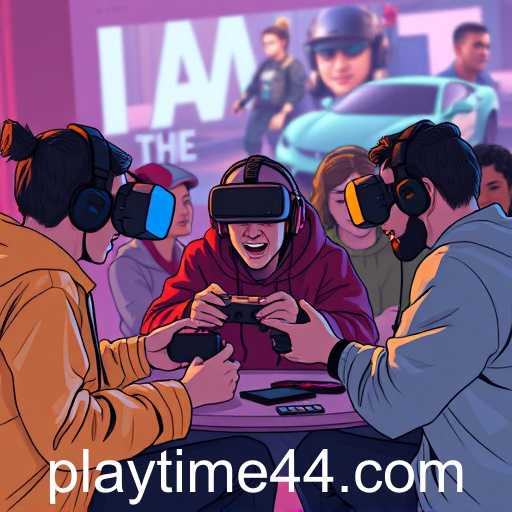In recent years, the term 'playtime' has taken on new significance as online gaming continues to evolve at a rapid pace. As of 2025, these digital platforms are not just about playing games but also about building communities and forming friendships that transcend geographic boundaries.
Over the past decade, the world of online gaming has witnessed a tremendous transformation. What began as a simple pastime has now grown into a global phenomenon. Platforms such as Steam, Epic Games, and PlayStation Network have become digital playgrounds where millions of enthusiasts engage in playtime every day, sharing experiences across continents.
In 2025, one of the noteworthy trends in the gaming world is the rise of 'inclusive gaming'. Developers are increasingly focusing on creating games that cater to diverse groups, embracing both accessibility and representation. This push towards inclusivity is not only benefiting the games themselves but is also expanding the player base, inviting more people to join the ever-growing community.
Moreover, with the advancement of technology, virtual reality (VR) and augmented reality (AR) are becoming more ingrained in new releases. These immersive technologies have revolutionized playtime, allowing players to experience gaming environments like never before. This level of immersion helps create a more cohesive and engaging community experience.
On the commentary front, there has been considerable discussion regarding the balance between playtime and life outside the screen. As games become more immersive and time-consuming, experts suggest that players might struggle to manage their digital engagements with real-world responsibilities. However, the phenomenon of online gaming has proven to be a resilient platform for social interaction, arguably providing more benefits than drawbacks.
In conclusion, playtime in 2025 is about more than just games. It's a dynamic, community-driven world where players globally connect, compete, and collaborate in shared experiences. As technology continues to advance, the future of playtime looks promising, heralding even more groundbreaking changes in how we connect and play together.








